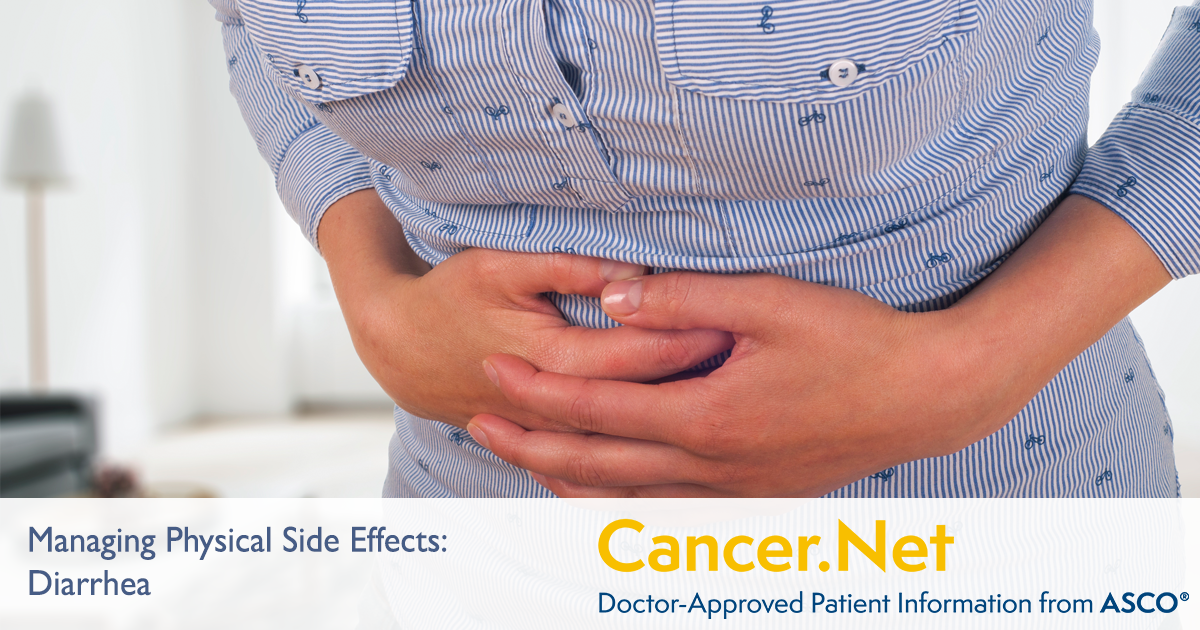

These are available over the counter from your pharmacist. manage your diet until you get back to normal - eat bland foods, such as rice, pasta and crackers, and avoid fatty foods or those high in insoluble fibre.avoid fruit juice, cordials and sugary drinks - they will prolong the diarrhoea.drink clear fluids or oral rehydration solution to replace lost fluids - take small sips if you feel sick.stay off work or school until you have not had a loose bowel motion for 24 hours.In the case of simple short-term episodes of diarrhoea, which usually clear up by themselves in healthy people, you will probably be able to manage your symptoms through home care. If you have ongoing diarrhoea, your doctor may refer you to a gastroenterologist or other specialist to work out the underlying cause.ĪSK YOUR DOCTOR - Preparing for an appointment? Use the Question Builder for general tips on what to ask your GP or specialist. Sometimes, tests will be needed to diagnose an underlying condition. If the diarrhoea goes away after a few days you may not find the cause. How is diarrhoea diagnosed?ĭiarrhoea can be diagnosed based on your symptoms and a medical history, taken by your doctor. Ongoing diarrhoea can lead to dehydration and an electrolyte imbalance, making it dangerous - especially to the very young or older people, who can be affected very quickly.įIND A HEALTH SERVICE - The Service Finder can help you find doctors, pharmacies, hospitals and other health services. signs of dehydration (feeling tired, decreased urination, thirst and dry mouth).Seek medical advice if you have any of the following: When should I see my doctor?Īn isolated episode of diarrhoea will generally clear up without any treatment. More information is available about specific causes of diarrhoea and their symptoms. radiotherapy involving the abdomen or pelvis.some medicines - for example, antibiotics.Some medical treatments may cause diarrhoea as a side effect: People who are immunosuppressed or have weakened immune systems, such as those living with cancer, HIV/AIDS or who have had an organ transplant, are more likely to develop ongoing diarrhoea as a result of a bout of gastroenteritis. encopresis / chronic constipation - where diarrhoea overflows around impacted stool stuck in the bowel.malabsorption syndromes - for example, after bowel surgery.food intolerances, such as lactose intolerance.inflammatory bowel disease ( Crohn’s disease and ulcerative colitis).certain food ingredients, for example the artificial sweeteners sorbitol and mannitol, and the natural sugar fructoseĭiarrhoea can be caused by some long-term conditions, such as:.Other causes of short-term diarrhoea include: bacteria that cause food poisoning, such as clostridium, salmonella, E.waterborne parasites, such as cryptosporidium and giardia.viral gastroenteritis - for example, caused by rotavirus or norovirus-infection.Short-term diarrhoea is often due to infections, such as: It can be caused by a short-term illness that clears up in a few days, or it may be a symptom of an ongoing problem or chronic condition. There are many different causes of diarrhoea. What causes diarrhoea?ĭiarrhoea happens when not enough water is removed from your stool, or too much fluid is secreted into the stool, making it loose. You may feel an urgent need to go to the toilet.ĬHECK YOUR SYMPTOMS - Use the diarrhoea and vomiting Symptom Checker and find out if you need to seek medical help. abdominal cramps, with a colicky pattern.

What symptoms relate to diarrhoea?Īs well as the loose and watery stools of diarrhoea, you may sometimes have other symptoms, including: See diarrhoea in children for information about the symptom in young children. This article covers diarrhoea in adults and children over 12 years. Most diarrhoea is mild, but it can also be severe - even needing admission to hospital. However, there are many other causes of diarrhoea. If you have diarrhoea, you will experience an increase in the volume, wateriness or frequency of your bowel movements.ĭiarrhoea episodes are often caused by a stomach bug ( gastroenteritis) and clear up on their own in a few days.

Related information on Australian websitesĭiarrhoea is having 3 or more loose or liquid stools (poos) in one day, or more frequently than normal.What complications are associated with diarrhoea?.Ask your pharmacist or doctor before taking anti-diarrhoeal medicines - they may not be suitable for you.Children should not take anti-diarrhoeal medicine.Children and older people should use oral rehydration solutions to replace fluids.Avoiding dehydration is very important, especially for children and in older people.Diarrhoea has many different causes, but gastroenteritis is a common one.Most diarrhoea is mild and clears up in a few days without treatment.


 0 kommentar(er)
0 kommentar(er)
